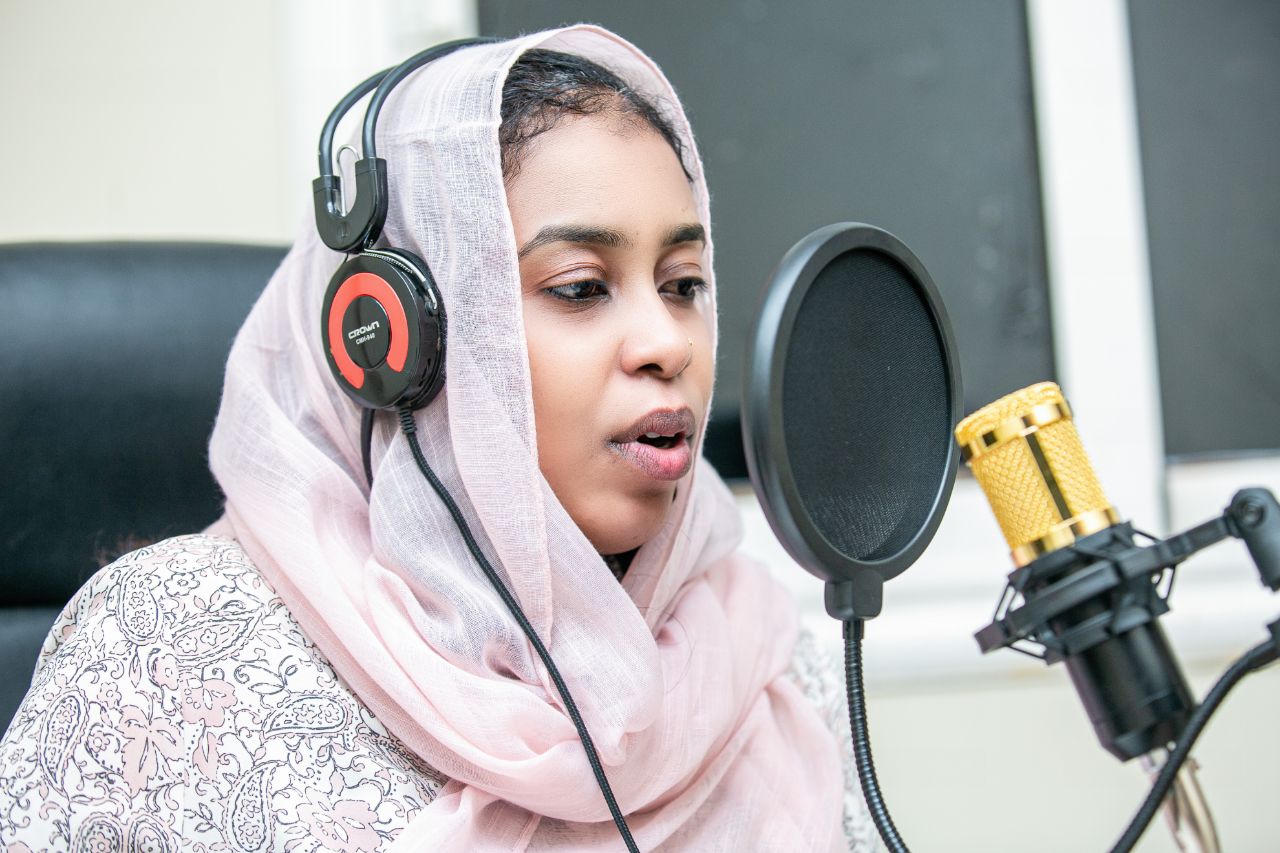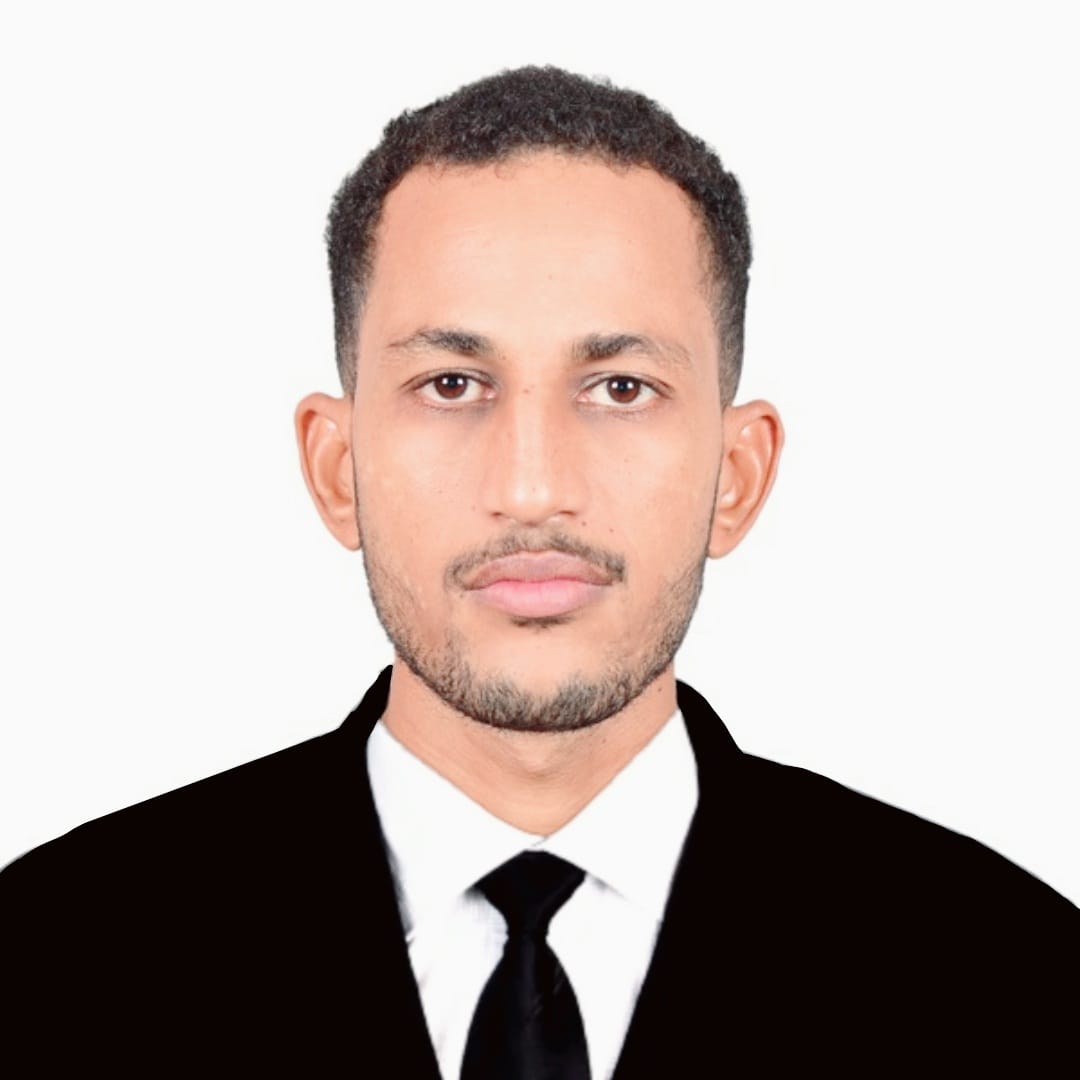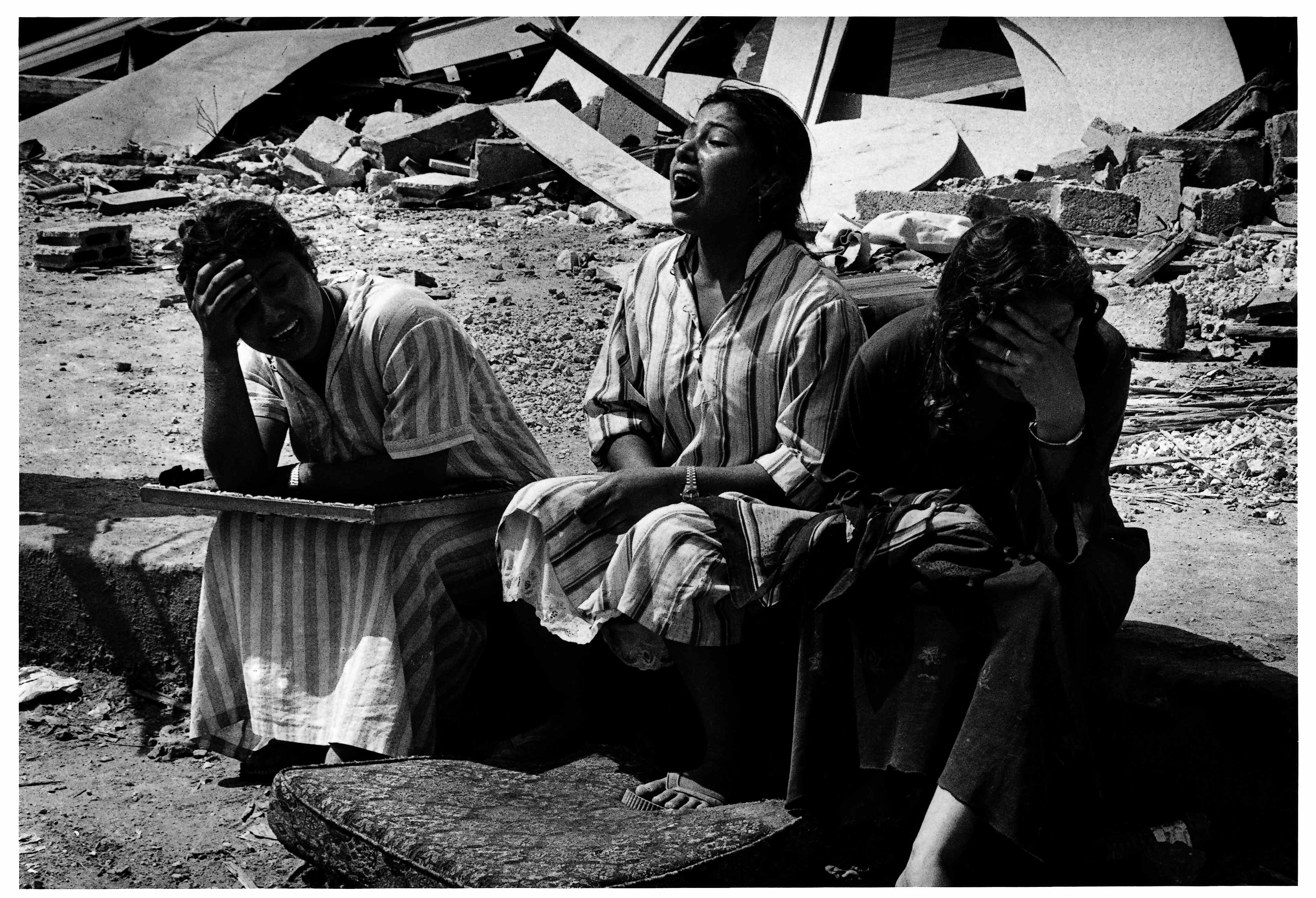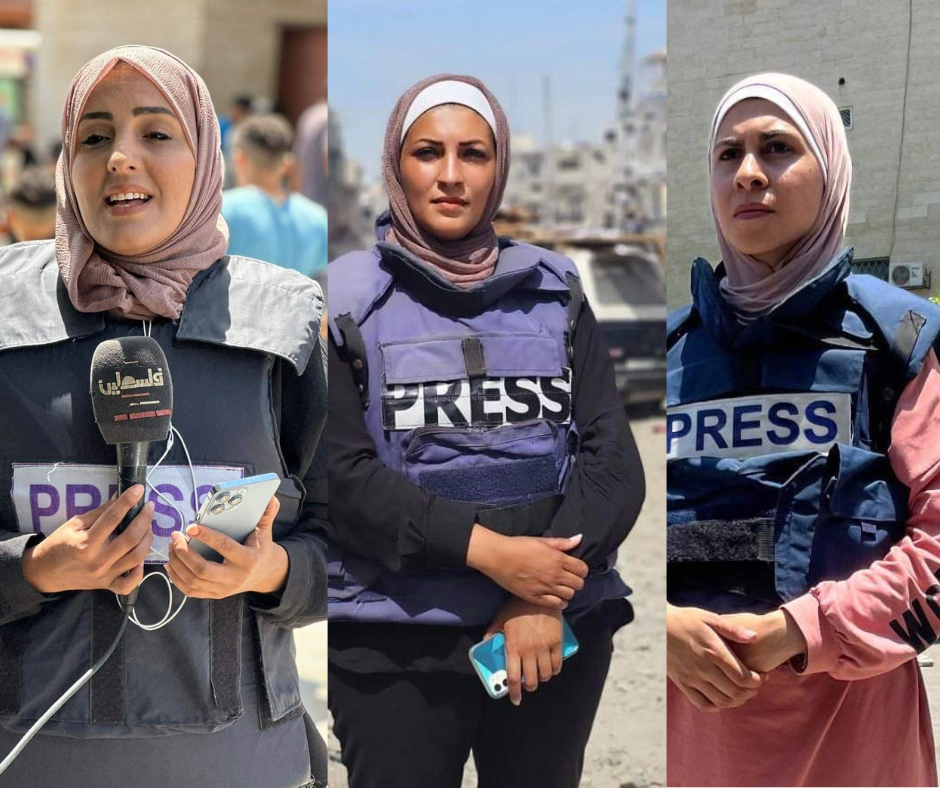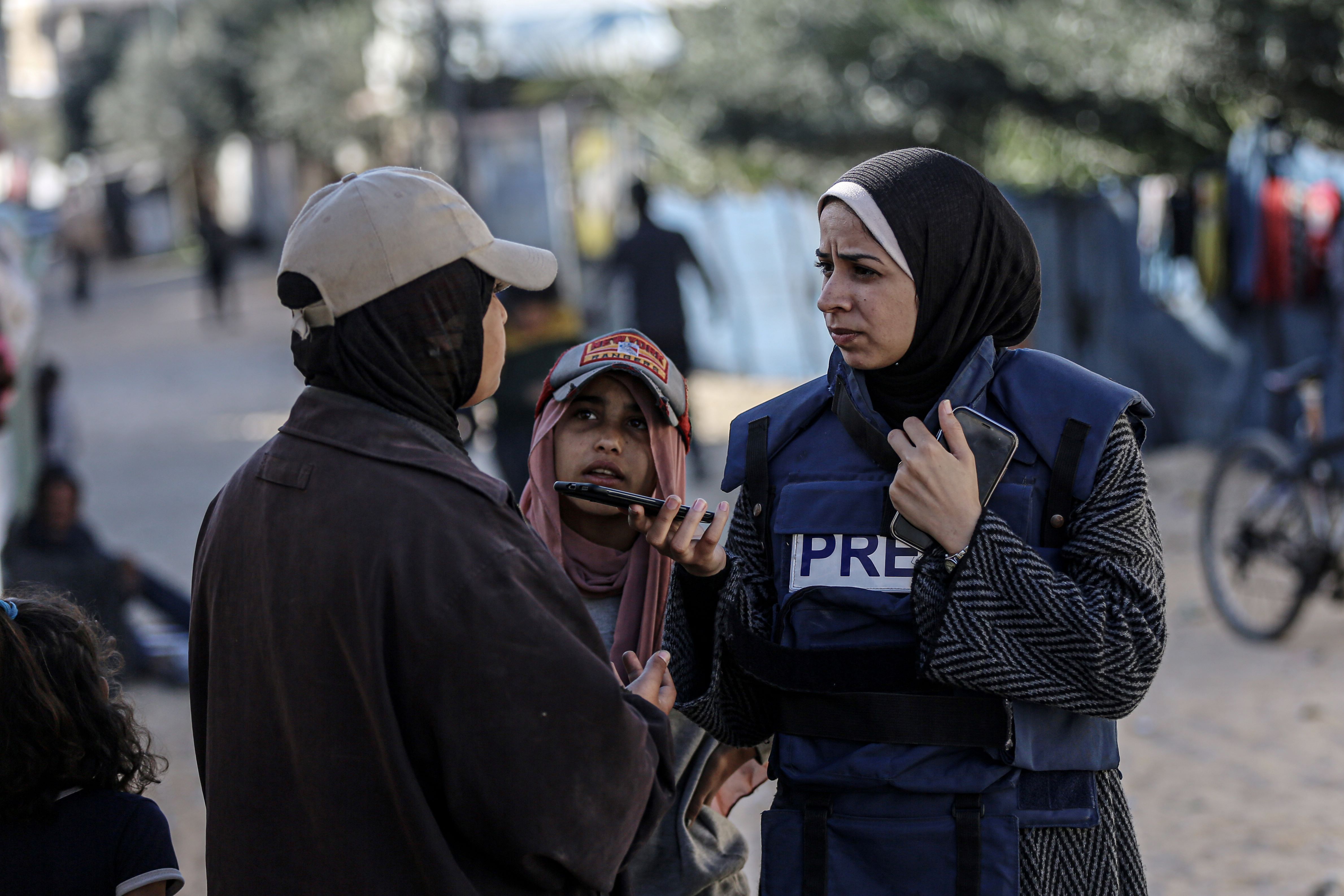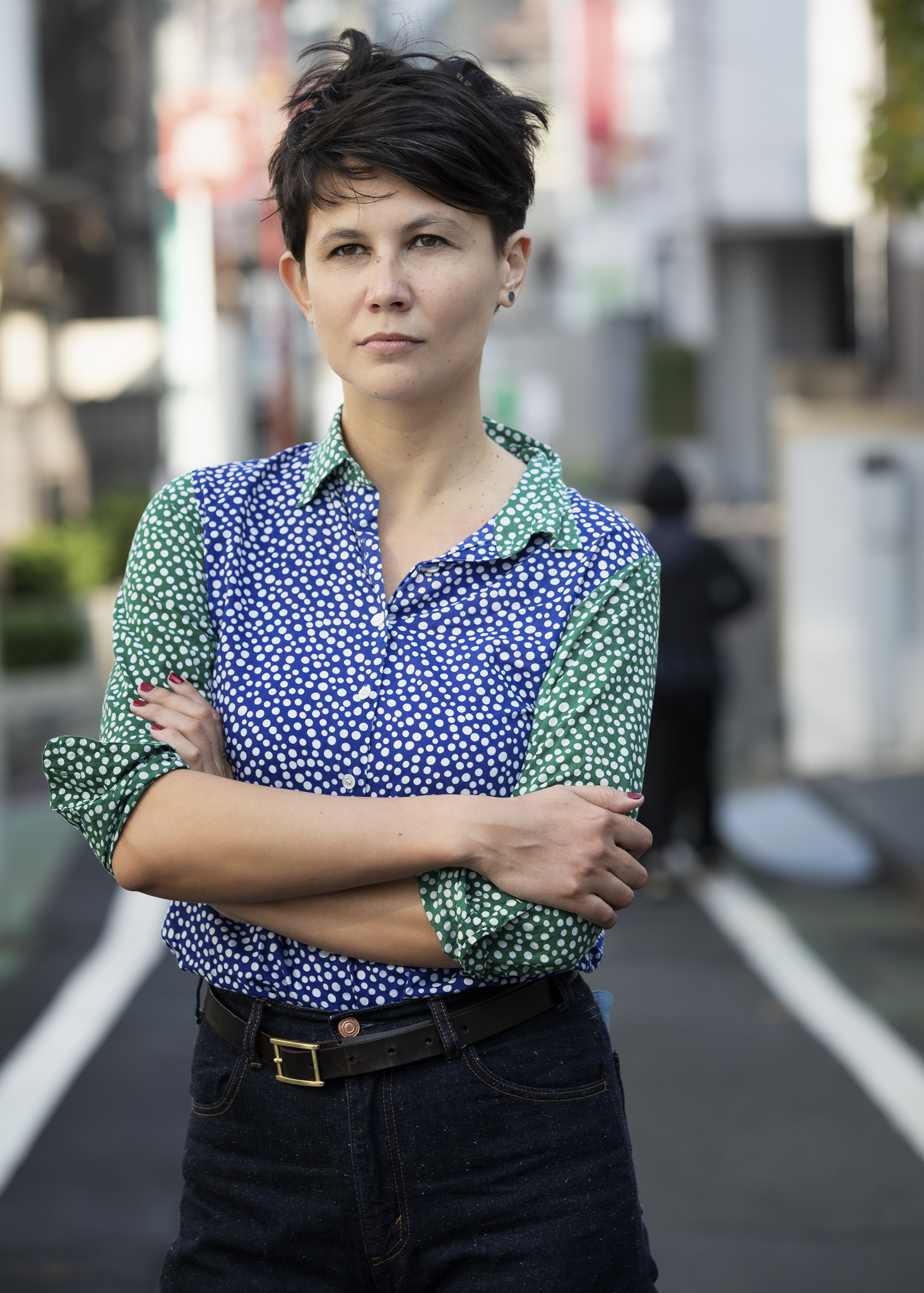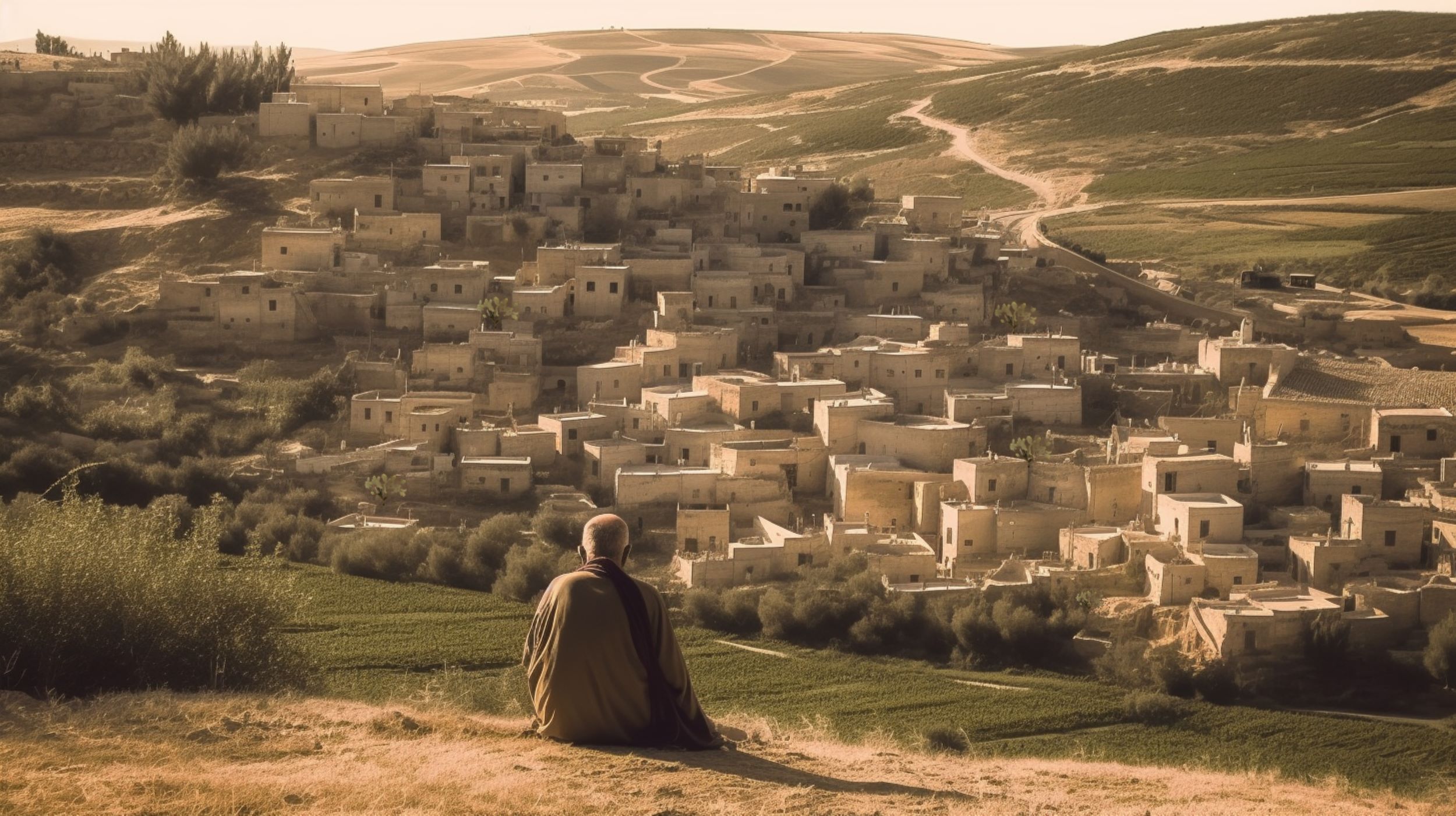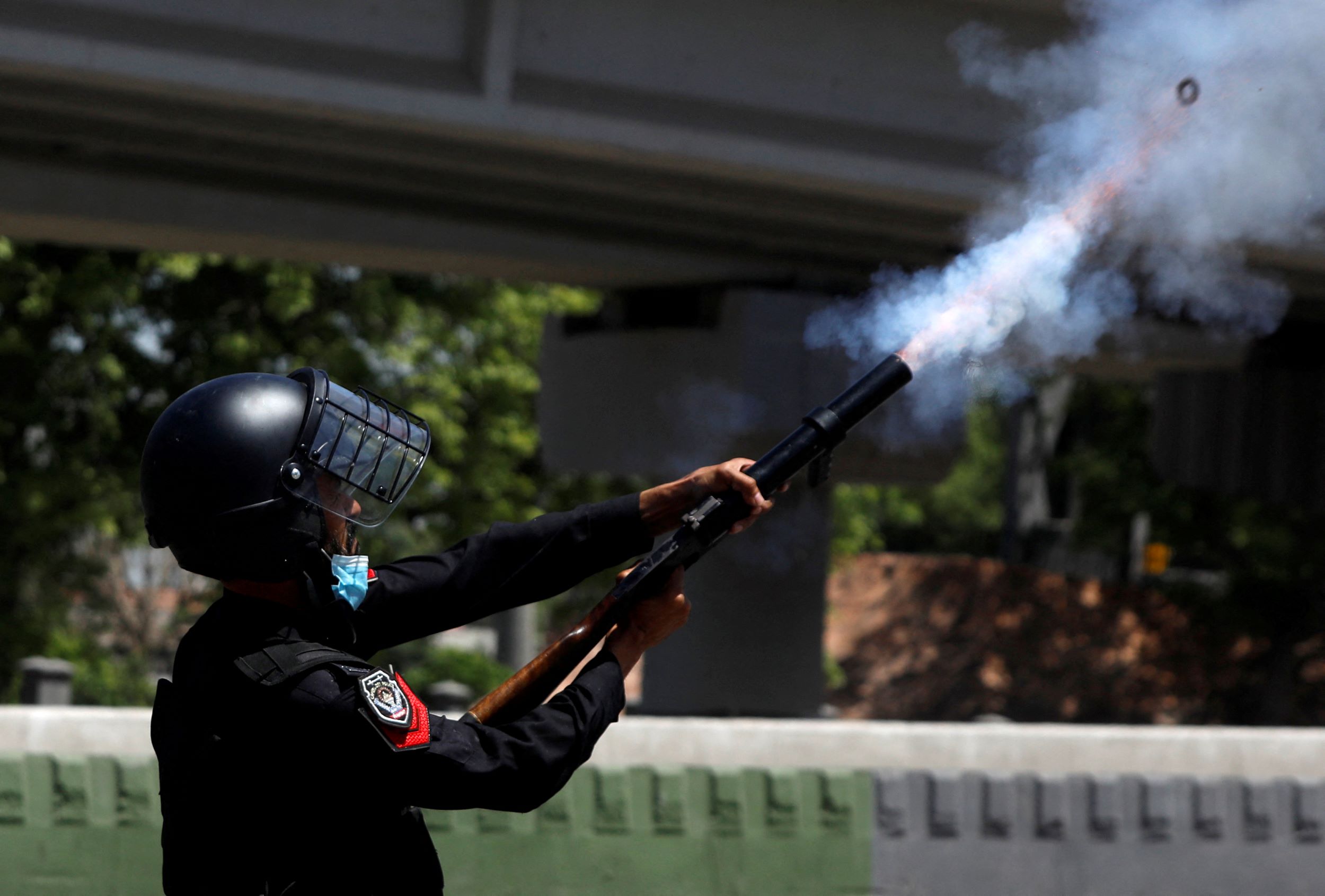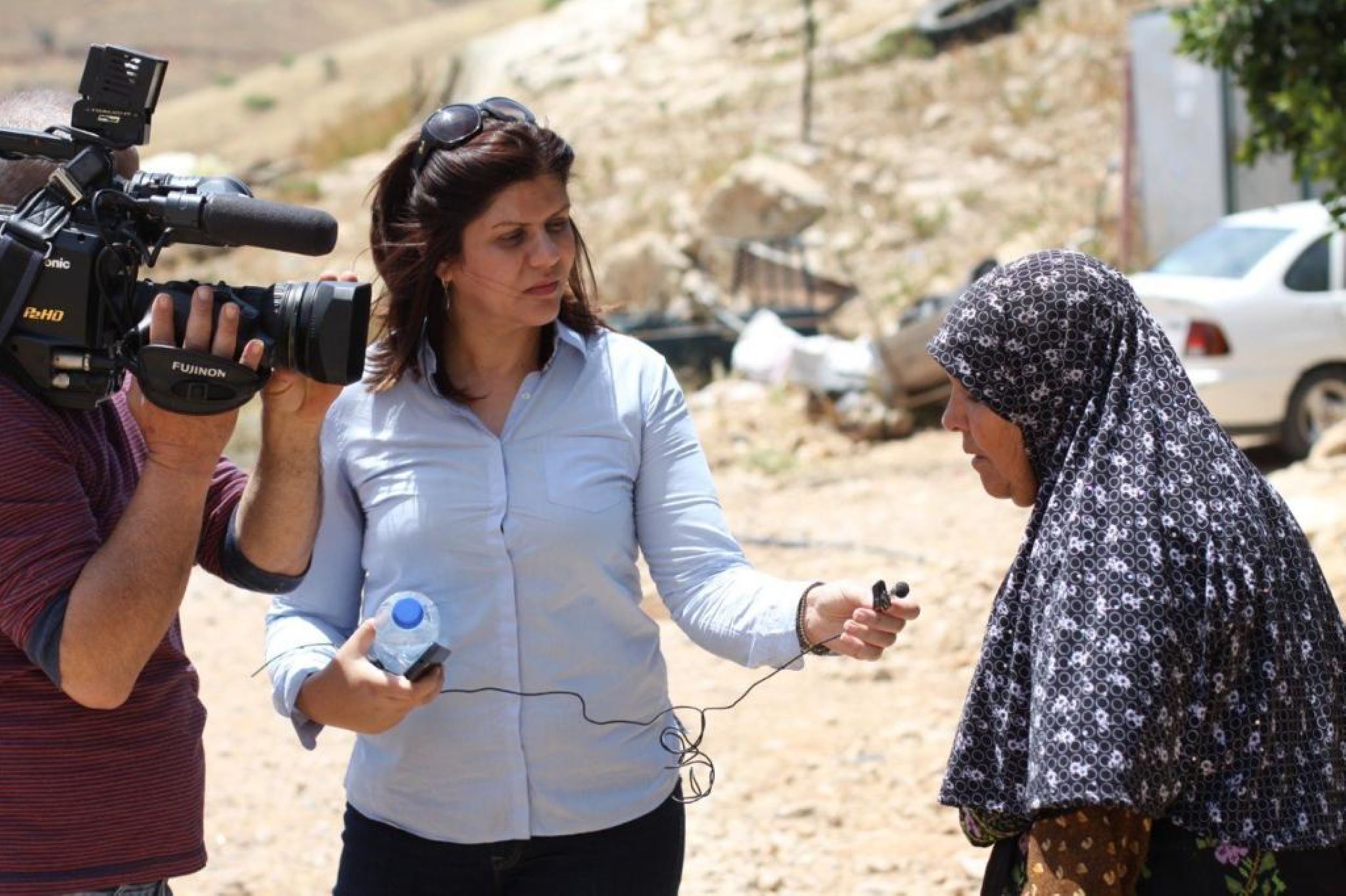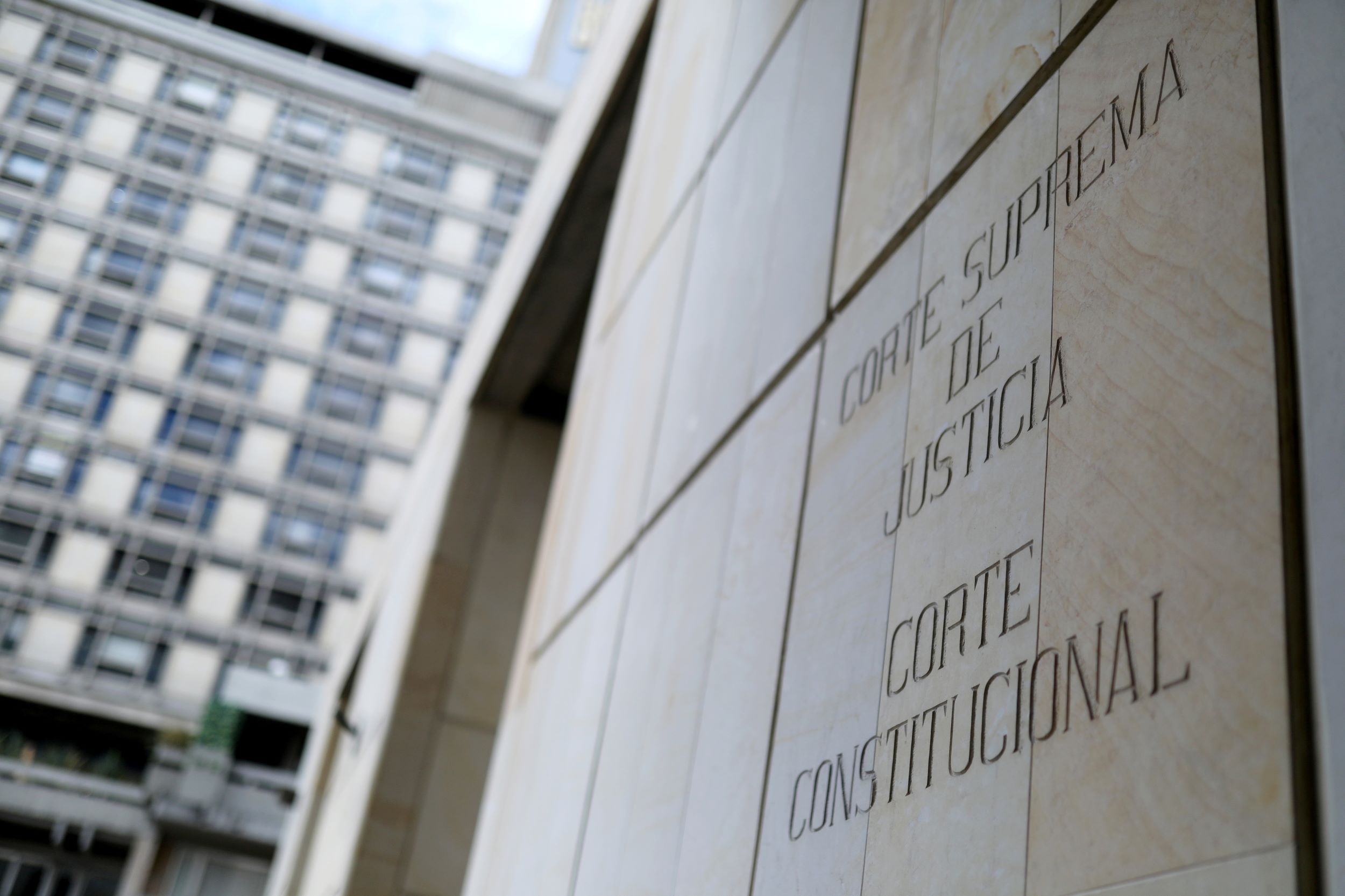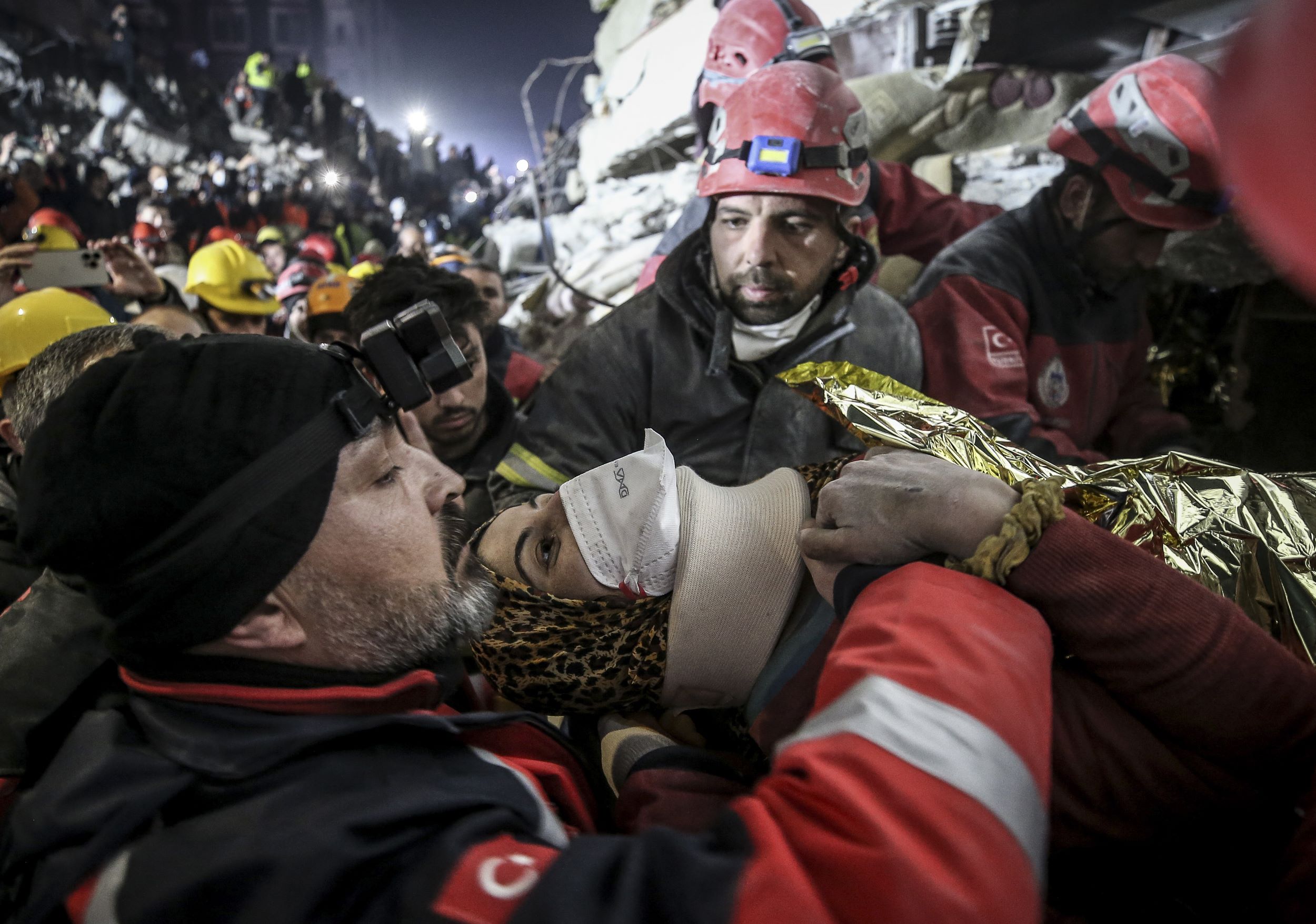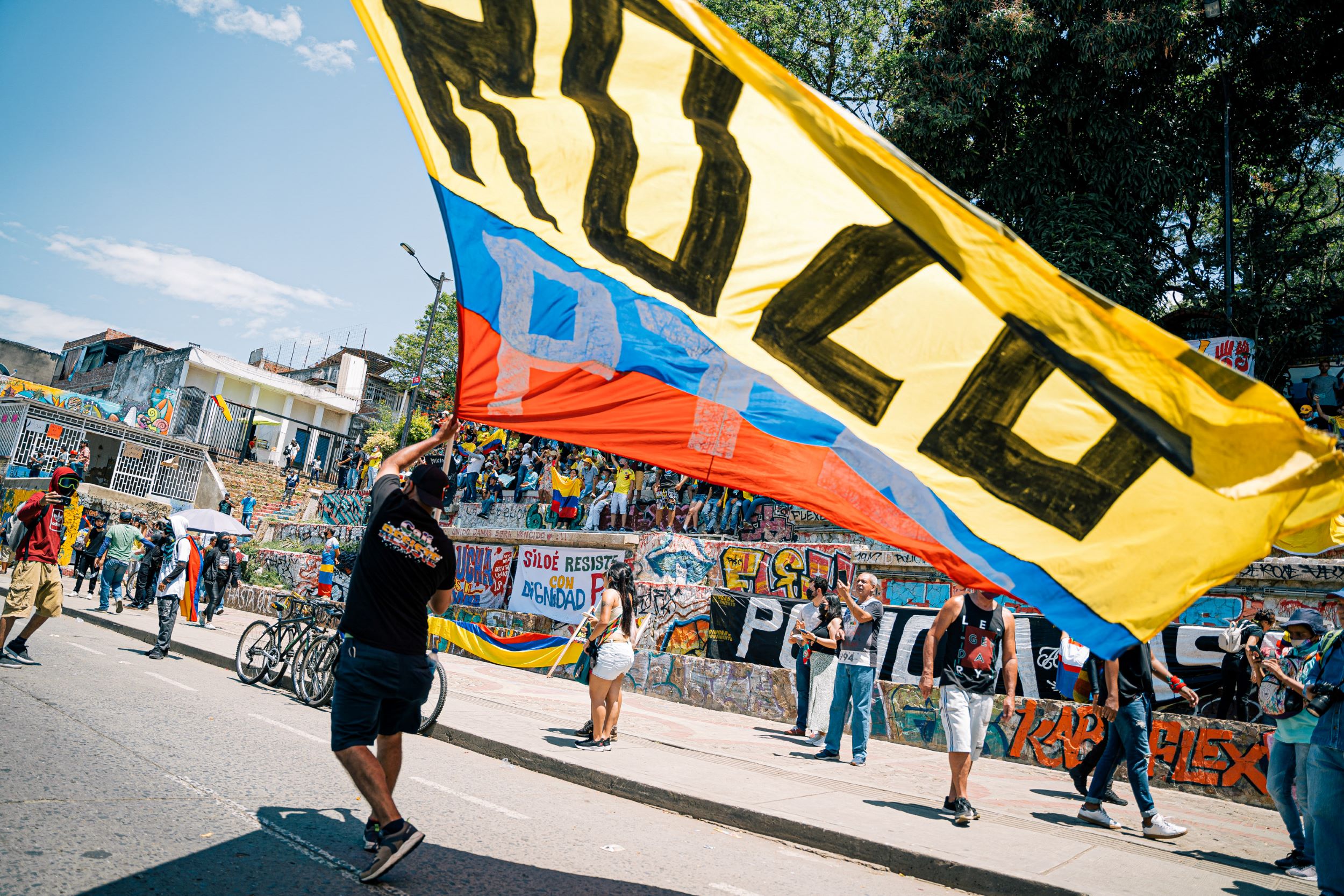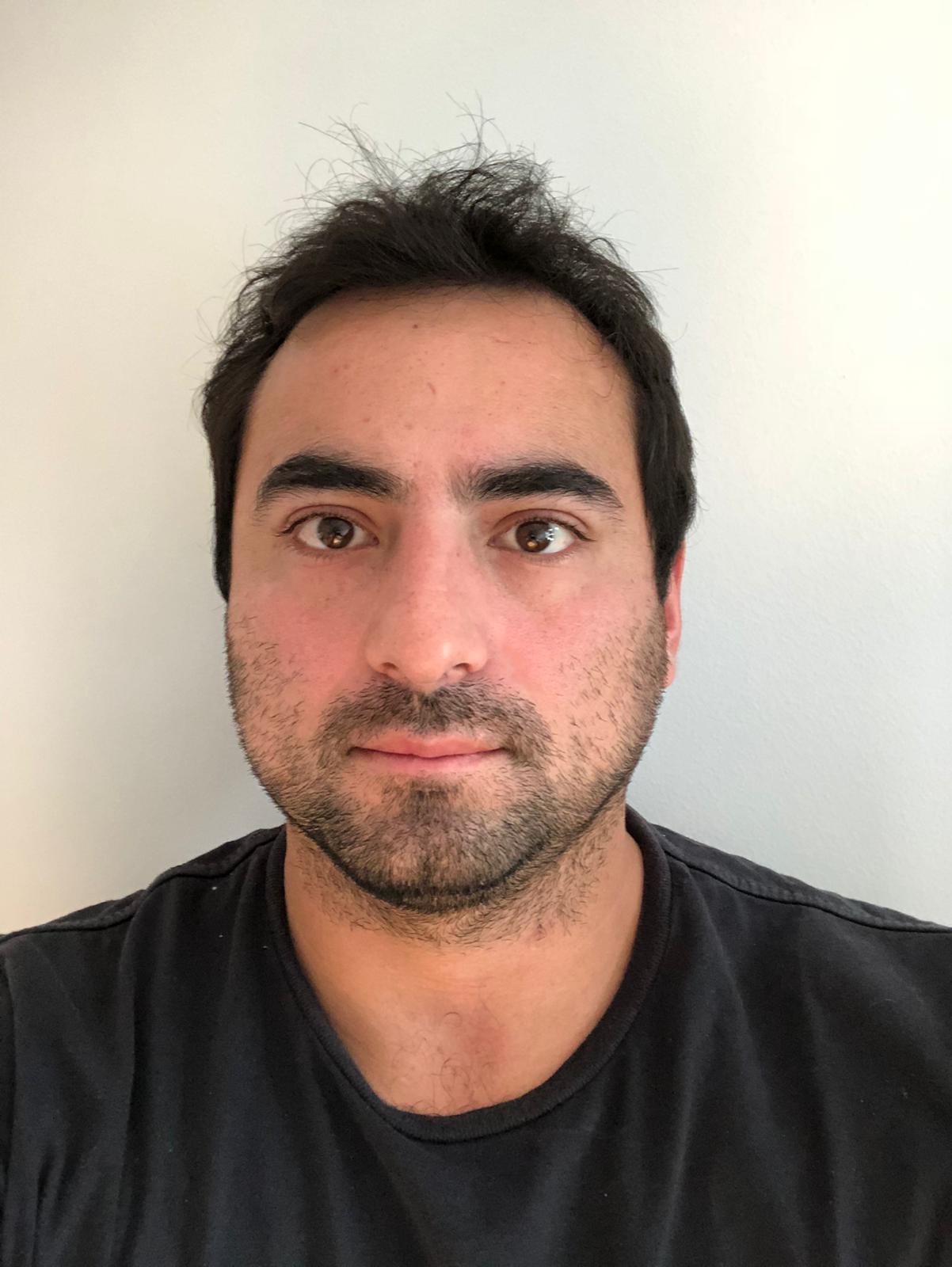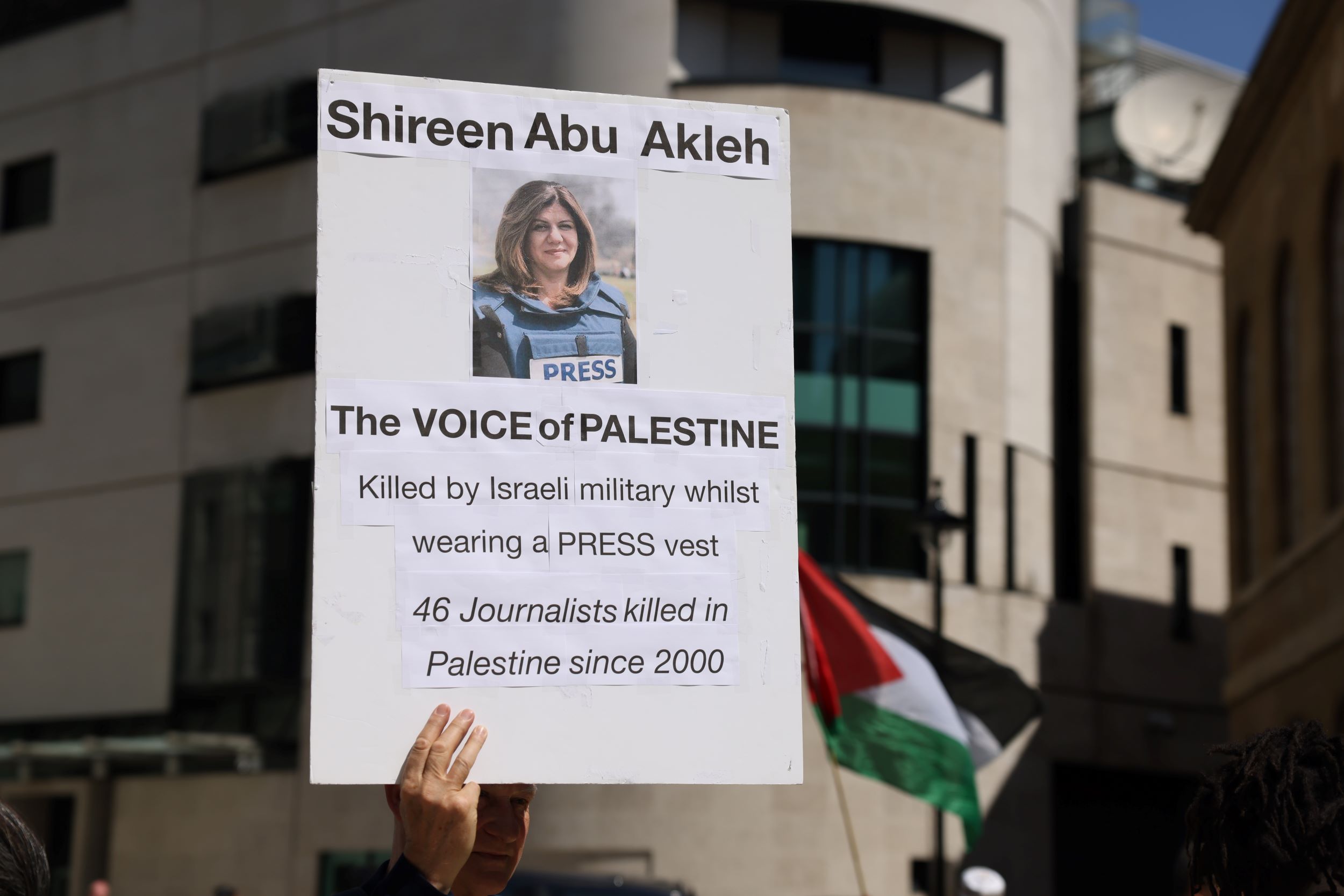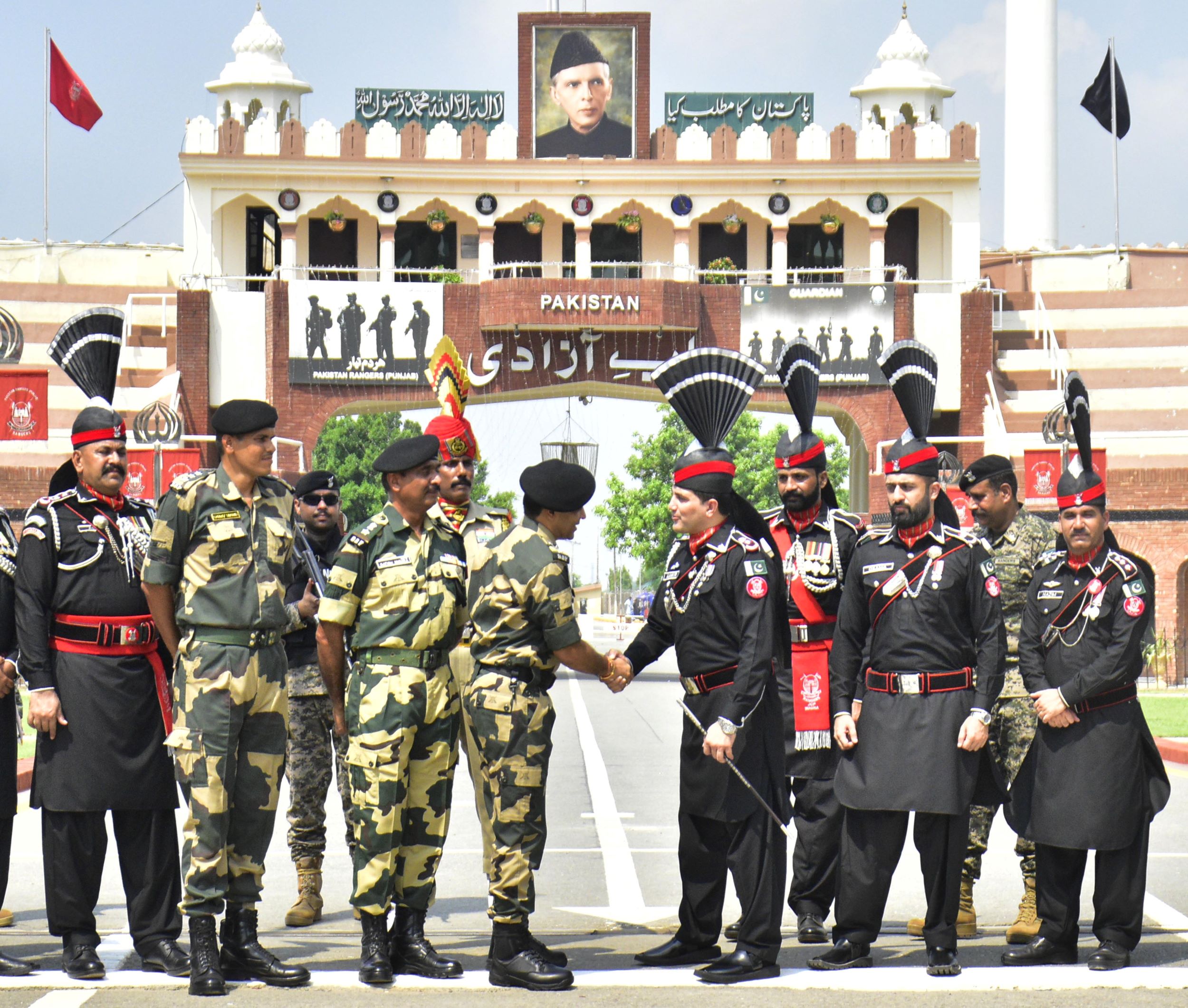عند الحديث عن تجربة صحفي فلسطيني خاض غمار تغطية الحروب الثلاث التي شنتها قوات الاحتلال الإسرائيلي على غزة بين بداية شتاء 2008 ومنتصف صيف 2014، يعني أنك تلخص تفاصيل أصعب اللحظات والظروف التي يمكن أن تمر على صحفي يعمل في بقعة ساخنة من العالم.
سرد تفاصيل يوم واحد من العدوان على غزة سيكشف قساوة المشهد الإعلامي والتحديات التي يواجهها الصحفي الفلسطيني، وكيف له أن يصيغ رسالته الإعلامية تحت النيران؟ وكيف دفع حياته ثمنا لعمله الميداني؟ وماذا فعل لمواجهة شح الإمكانات اللوجستية؟ وماذا عن غياب السلامة الشخصية للصحفيين في الميدان؟
كانت الساعة تشير إلى الرابعة فجرا من يوم 21 يوليو/تموز 2014، عندما اضطررتُ للاستيقاظ بعد أقل من ساعة ونصف من النوم بسبب الأخبار العاجلة الواردة من شرق مدينة غزة، حيث نزوح السكان من هناك تجاه قلب المدينة، هربا من القذائف العشوائية التي أطلقتها مدفعية الاحتلال المتمركزة على الحدود الشرقية للمدينة المتخمة بالجراح.
كانت المعلومات الشحيحة الواردة من المنطقة المظلمة بفعل انقطاع التيار الكهربائي وتقطع خطوط الاتصال وشبكة الانترنت، أن قوات الاحتلال بدأت دكّ منازل المواطنين عشوائيا على رأس ساكنيها.
اقتصرت الأخبار الواردة من هناك على عدد من الصحفيين المقيمين داخل المنطقة، ومنهم زميلنا الصحفي محمد ضاهر الذي ارتقى شهيدا بعد إصابته في ذلك اليوم، وبات هو الخبر بعدما كان ينقل الأخبار.
الصحفيون كانوا يخشون الاقتراب من منطقة الحدث في حي الشجاعية، وذلك لعدم سماح الاحتلال لأي شخص بدخول المنطقة، حيث يكون عرضة للقصف المدفعي أو صواريخ طائرات الاستطلاع التي تخيم على المكان، ويضرب بعرض الحائط جميع الاتفاقيات والقوانين الدولية التي تحمي الصحفيين في أوقات النزاعات والحروب، وتحفظ لهم التغطية الإعلامية ومنحهم الأمان أثناء التحرك الميداني.
غياب سلامة الصحفيين العاملين في تغطية العدوان كان العامل الأكثر ضغطا عليهم، والتحدي الأبرز أمامهم، لأن الجسم الصحفي الفلسطيني فقد 17 صحفيا خلال عدوان صيف 2014 على غزة، جميعهم كانوا منتشرين في الميدان، ولم تشفع لهم جميع الشارات التي يرتدونها وتدل على أنهم صحفيون.
مع ساعات الصباح الأولى، بدأت معالم الجريمة التي ارتكبتها قوات الاحتلال تتضح أكثر، وظهرت صور مئات المواطنين النازحين الذين تركوا بيوتهم بحثا عن أماكن علها تكون أكثر أمنا.
العمل الميداني يعتمد على القرار الفردي للصحفي أكثر من قرار إدارات المؤسسات الإعلامية، لأن أي خطوة غير محسوبة ستكلفك حياتك.
تجربة العمل في أوقات الحروب تكشف أنه لا يمكن للصحفي أن يفكر كثيرا في ضوابط العمل وما المسموح له أن يفعله، وما المحظور عليه من ناحية نظرية كان قد درسها في الكتب الإعلامية المتخصصة، فأمام المشاهد الإنسانية لا يمكن تنحية المشاعر جانبا، وألا تذرف الدموع وأنت تشاهد امرأة مسنة تطوف كل أقسام المستشفى بحثا عن أبنائها الخمسة المفقودين.
عندما شاع أن الصليب الأحمر الدولي أفلح في إجراء تنسيق مع قوات الاحتلال على دخول المنطقة التي استهدفها، وأنه قرر إيقاف إطلاق النار لمدة 60 دقيقة فقط للسماح للطواقم الطبية والدفاع المدني والصحفيين بدخول المكان وإجلاء الإصابات والجرحى..
على الفور توجه عشرات الصحفيين إلى مدخل المنطقة التي أصبحت محترقة بفعل القذائف، وتغيرت معالمها نتيجة صواريخ الطائرات الحربية التي سقطت عليها، بانتظار سريان وقت التهدئة المرتقبة.
هناك بدأت عراقيل العمل الإعلامي تتضح جليا لعشرات الصحفيين، خاصة أن عددا كبيرا منهم يفتقد أدوات السلامة المهنية وقت الأزمات (الخوذ والدروع) بمن فيهم كاتب هذه السطور، بينما تغيب السيارات المصفحة المخصصة للصحفيين إلا عن بعض العاملين في وكالات الأنباء العالمية.
ولا يمكن أن ننسى في هذا السياق أن قوات الاحتلال تمنع منذ العام 2007 دخول الدروع الخاصة بحماية الصحفيين أوقات الأزمات، مما اضطرهم لاستخدام ما كان متاحا منها قبل هذا التاريخ، والتناوب فيما بينهم على ارتدائها، وتكون الأولوية لمن تقدم باتجاه خطوط التماس وأماكن العدوان.
مع بدء تقدم موكب الإسعافات والدفاع المدني والصحفيين، بدا المشهد أكثر سوداوية، فجميع المنازل تقريبا سويت بالأرض، وجثث الشهداء في الطرقات، والكثيرون هدمت بيوتهم فوق رؤوسهم ولا يُعرف مصيرهم تحت الأنقاض، والعديد من المصابين انتظروا ساعات كي تصلهم الطواقم الطبية، وبات المشهد كأنه يتنافس على الصورة الأكثر تأثيرا بسبب دمويته.
إغلاق الطرقات بفعل دمار المنازل دفع الصحفيين إلى دخول المنطقة سيرا على الأقدام بعدما تركوا سياراتهم عند مدخلها، وقطعوا مسافات طويلة وهم يهرولون بين المنازل.
لم تمر سوى 30 دقيقة من الوقت الذي سمح لنا بالدخول خلاله، حتى بدأ إطلاق النار تجاه الطواقم الطبية والصحفية، وحينها جاء وقت الانسحاب الاضطراري.
كان ذلك اليوم أحد أيام شهر رمضان، وكان الصيام قد أرهق الصحفيين المنتشرين في الميدان في يوم صيف حارق، وكان العدوان مستمرا منذ أكثر من 30 يوما، وطاقاتهم النفسية والجسدية قد استنزفت، ولم يخطر ببال أحد منهم أنه سيواصل عمله على مدار الساعة دون أي قسط من الراحة حتى نهاية العدوان الذي استمر 51 يوما.
المشاهد القاسية التي مرت على الصحفيين الفلسطينيين خلال عملهم في منطقة ساخنة من العالم، راكمت ضغوطا نفسية كبيرة عليهم، كان يُفترض أن يتخلصوا منها بتدريبات متخصصة بالعمل تحت الضغط والتفريغ النفسي، ودورات تدريبية خارجية. لكن بيئة العمل الضاغطة في غزة المحاصرة حالت دون ذلك، ولم يحصل الصحفي الفلسطيني على أي من تلك التدريبات منذ سنوات بحكم إغلاق المعابر وصعوبة الحركة خارج القطاع، وفي نفس الوقت صعوبة استجلاب مدربين من الخارج لذات الهدف.
في أوقات الأزمات ينبغي على الصحفي أن يتعلم مهارات عدة، ويضطر أن يؤدي أكثر من عمل إلى جانب عمله الصحفي، فعدد كبير من الصحفيين لم تتح له الفرصة لمغادرة مكان عمله لأيام متواصلة مما أجبره على غسيل ملابسه يدويا، وطهي الطعام في ذات المكان، بهدف تقليل حركته في الشوارع نظرا لخطورتها من جهة، ولأن معظم المؤسسات الإعلامية تلجأ إلى العمل من مقرات بديلة تحسبا لاستهداف الاحتلال مقراتها الأساسية من جهة أخرى، وذلك بناء على ما يجري مع كل عدوان يتجدد على غزة.
وقد بلغ عدد الوسائل الإعلامية التي استهدفها الاحتلال خلال عدوان 2014 على غزة، خمس مؤسسات، مما أدى إلى تدمير مقدراتها ومبانيها بشكل جزئي أو كامل.
استهداف الرواية الفلسطينية بالأساس دفع الصحفيين الفلسطينيين للعمل بخطط طوارئ يكون أول بنودها الانتقال إلى مقرات بديلة وإخلاء المعروف منها، خشية على أرواح العاملين.
ولا يلتفت الاحتلال إلى اتفاقية "جنيف الرابعة" التي كفلت توفير حماية الصحفيين أثناء النزاعات، ويضع على أجندته في كل جولة من التصعيد استهداف الصحفيين والمقرات الإعلامية بشكل مباشر.
فجأة وبدون سابق إنذار، يمكن للصحفي أن يجد نفسه مضطرا للعمل بدلا من المسعفين، ففي ذات اليوم وصلت السيارة التي كانت تقلنا إلى مكان تم قصفه للتو من قبل طائرات الاحتلال لتغطية الحدث، كانت ألسنة اللهب تتصاعد من المنطقة، وفجأة وقبل أن نتوقف إذا بعدد من الشبان يلقون باثنين من المصابين داخل السيارة نظرا لعدم وصول سيارات الإسعاف حتى هذه اللحظة.
لم ينته المشهد، فخلال الإفطار دوت أصوات الانفجارات في المحيط، مما أجبرنا على المغادرة سريعا بحثا عما يدور هناك، قبل أن يصلنا خبر مفجع بأن زميلنا الصحفي محمد ضاهر الذي بدأ معنا التغطية الإعلامية منذ ساعات الصباح، قد باغتته طائرات الاحتلال الحربية بصاروخ أدى إلى هدم منزل عائلته فوق رؤوسهم، واستشهد سبعة من أفراد عائلته على الفور، بينما تمكنت الطواقم الطبية من انتشاله من تحت الأنقاض وهو في حالة خطرة، قبل أن تعلن عن استشهاده بعد تسعة أيام.
ساعات معدودة تختصر معاناة الصحفي الفلسطيني الذي يعمل تحت النار، وواصل ليله بنهاره دون أدوات السلامة، وعندما فقد حياته غاب بصمت، ولم يجد من يدافع ويرافع عن حقوقه في المحافل الدولية.. هذه هي ضريبة الصورة والقلم.






